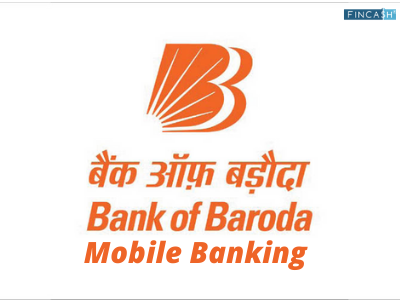Bank
What is a Bank?
A bank is a financial institution that has got the licence to get deposits and provide loans. Apart from this, a bank is also known for providing a variety of other financial services like safe deposits, currency exchange, wealth management and more.

In the country, there is an array of banks – right from investment banks to corporate banks, commercial, retail, and more. In India, all of the banks get regulated by Reserve Bank of India, headquartered in Mumbai.
Economic Functions of a Bank
The list of economic functions executed by a bank includes:
- Issuing of money, in the form of cheques, banknotes or payment at the order of a customer.
- Banks act both paying and collection agents for customers, taking part in the interbank clearing and settlement systems to obtain, pay, or present payment instruments.
- Banks get to lend or borrow back-to-back as middlemen.
Talk to our investment specialist
How do Banks Make Money?
Banks make money in a variety of ways, including:
Interest on loans
Banks lend money to individuals and businesses at a higher interest rate than the rate at which they borrow from depositors and other sources of funds. The difference between the interest paid and received is the bank's net interest margin, which generates significant revenue for the bank.
Fees and commissions
Banks charge fees for various services, such as account maintenance, overdraft protection, wire transfers, and ATM usage. They may also earn commissions from selling investment products, insurance, and other financial services.
Trading and investment activities
Banks invest in various financial assets, such as stocks, Bonds, and derivatives, and earn profits from buying low and selling high. They may also provide trading services to clients, earning commissions on trades.
Foreign exchange
Banks provide foreign exchange services to individuals and businesses, earning profits from buying and selling currencies at different exchange rates.
Credit cards
Banks issue credit cards and earn revenue from interest on balances and fees for late payments, balance transfers, and cash advances.
Overall, banks generate revenue from a combination of lending, fees and commissions, trading and investment activities, foreign exchange, and credit card operations. The profitability of each of these activities can vary depending on market conditions and competition within the financial industry.
Types of Banks
There are two significant categories wherein the banks have been classified in India:
Scheduled Bank
These are those banks that get covered under the second schedule of RBI Act, 1934. To get a qualification for a scheduled bank, a minimum amount of Rs. 5 lakhs is required.
Commercial Bank
These are the ones that get managed and regulated under the Banking Regulation Act, 1949. On the basis of their business model, these are generally the profit-making banks. Their main function is to accept deposits and grant loans to the public and government.
Furthermore, commercial banks get diversified in four different categories:
Public Sector Bank
In India, these banks hold more than 75% of the entire banking business and are commonly known as nationalized banks. The government holds the majority of the stakes in these banks. After the merger, State Bank of India is the largest public sector on the basis of volume. All in all, India has 21 nationalized banks.
Private Sector Bank
Private shareholders hold a large number of stakes in private sector banks. However, RBI is the entity that creates all the rules and regulations for these banks to adhere by. In the country, there are 21 private sector banks.
Foreign Bank
This list includes the ones working as private entities in the country, but have their headquarters outside India. These banks get governed by both countries. In India, there are 3 foreign banks.
Regional Rural Bank
These are the banks that were primarily established to support the weaker section of the society like small enterprises, labourers, marginal farmers, and more. Mainly such banks are governed at regional levels in different states and could have branches in urban areas as well.
All efforts have been made to ensure the information provided here is accurate. However, no guarantees are made regarding correctness of data. Please verify with scheme information document before making any investment.













It is so helpful to me tq